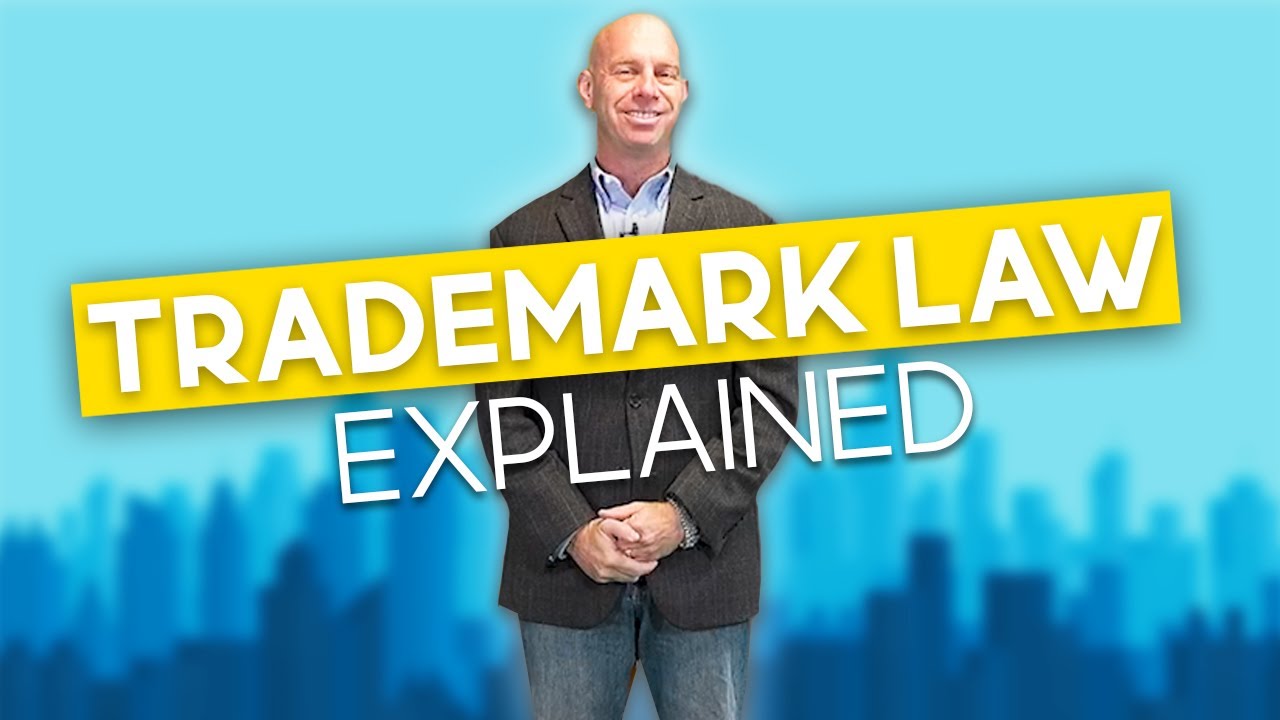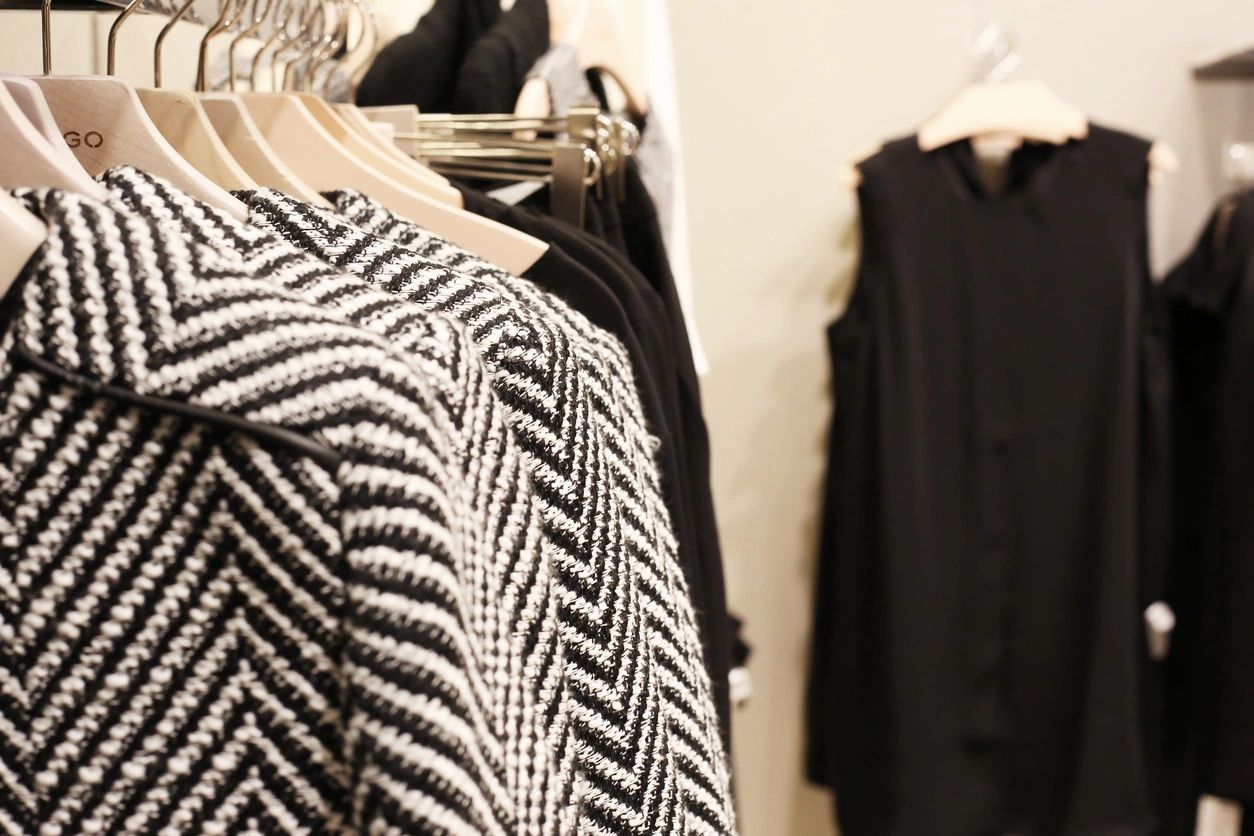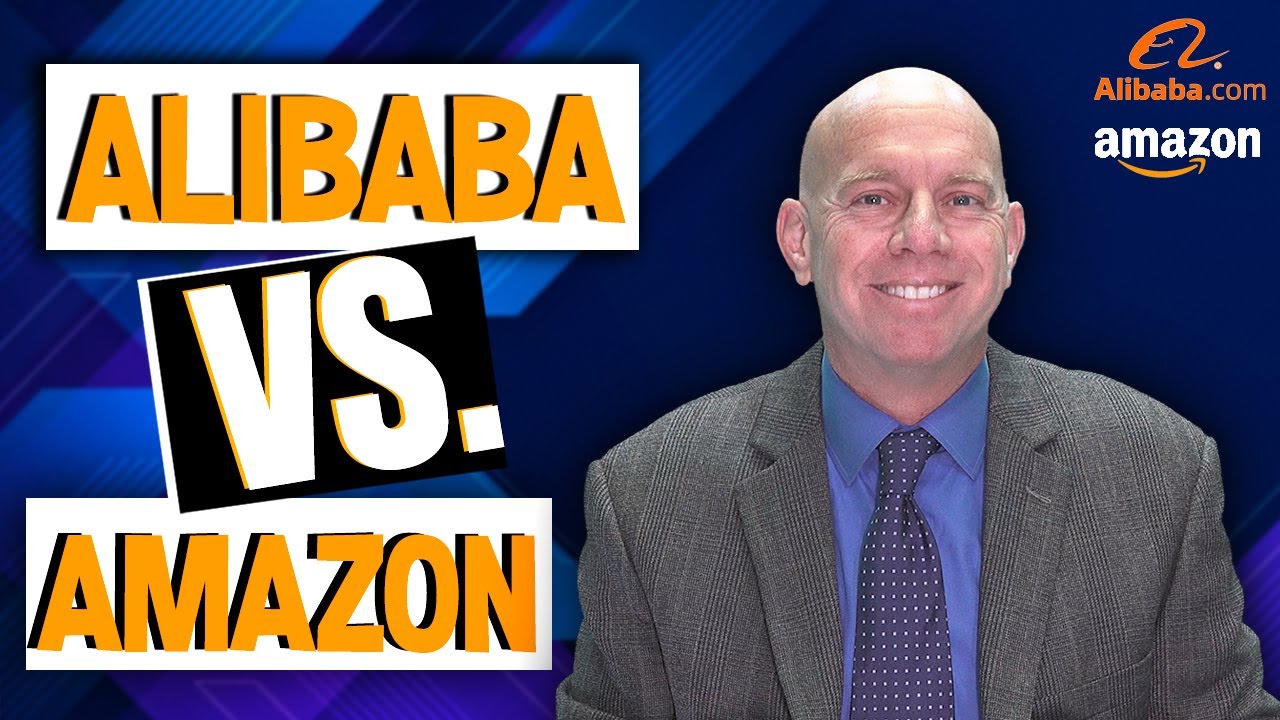
Trade Dress & Trade Secrets:
The differences in trade dress and trade secrets in China and the United States, and why it’s important for the modern seller to know.
Trade Dress in the US and the Amazon Seller
Trade dress refers to the appearance of products, specifically design, packaging, coloring, etc.
Trade dress overall protects products using these aforementioned characteristics to distinguish differences between individuals’ products. In order to register for Trade Dress, you can register “with the U.S. Patent and Trademark Office (USPTO) and receive protection from the federal courts” And in order to show cause against an infringement of trade dress, it “must be inherently distinctive, unless it has acquired secondary meaning, and the junior use must cause a likelihood of consumer confusion”.
 It is important for the Seller to know not only the definition of trade dress, but also how it could affect them in business.
It is important for the Seller to know not only the definition of trade dress, but also how it could affect them in business.
Understanding trade dress can help to avoid infringement based on the look of the packaging of a product, and how to protect yourself as a Seller against this type of infringement.
Trade dress is an important thing to think about when formulating your product to begin with. This is because if there are already successful and well-known products in the same sphere as yours, you don’t want your product to resemble another; differentiation is key.
Trade dress is influential in this way because the packaging for a successful product, whether meant to or not, most of the time becomes a symbol or a representation of the company and product as a whole. Without reading the bottle for Tide detergent, you recognize the color.
Another example of trade dress which is overlooked is the shape of a product. If the labels were ripped off of bottles of water, one could distinguish a Poland Spring bottle from a Fiji bottle. If the product is unique in the way of the definition of trade dress, it is likely that it can be protected as such.
An interesting fact to know about trade dress is that there is no expiration of protection (as long as the trade dress continues to identify your product).
If a party has infringed upon these aforementioned trade dress rights, damages may be awarded, and is within the rights of injunctive action.
Trade Secrets in the US: What to know
Another facet that a Seller needs to know in protecting themselves from infringement are the laws on trade secrets.
According to the United States Patent and Trademark Office, “trade secrets are generally protected under State law which varies from state to state” and that a trade secret is used “to protect commercially valuable proprietary information” .
Unlike China, there are specific laws protecting trade secrets in the US, which vary from state to state, while each state does have its own law(s). Understanding these laws, especially in your specific state, is vital to being ahead of protecting your products and rights. The entity of trade secrets has changed for the better recently, where “Trade secrets have always been viewed as a stepchild intellectual property right—something far less than patent protection.
In reality, trade secrets are the oldest form of intellectual property in the world and, in the 21st century, trade secret assets will become the biggest economic driver for the United States in a world that promotes “copying” technology rather than “innovation” .
Trade secrets are different from trademarks, copyrights, and patents. There are no official methods to register trade secrets. Additionally, like trade dress, trade secrets have no formal expiration date . Trade secrets and patents, alike, are the two of the four types of intellectual property (copyright, trademark, patents, and trade secrets) of which have to do with “the protection of information” .
Trade Dress & Trade Secrets in China: What to Know
Unlike the United States, China does not have illicit laws that protect Trade Dress. However, Copyright Law, Trademark Law, Patent Law, and the Anti Unfair Competition Law. In the past, trade dress and secrets have been a real issue in terms of infringement and copycatting.
The stealing of trade secrets has become a real issue in China. For this reason, Sellers should proceed with caution when dealing with trade secrets, not only in China, but in general.
However, again, an online Amazon Seller can be protected under Article 10 Section 3 of Unfair Competition Law which prevents “business owners from “violating the agreement or against the obligee’s demand for keeping trade secrets, disclosing, using or allowing another person to use the trade secrets he possesses”.
So, with this protection under Article 10 Section 3, it is possible to protect trade secrets.
Because China doesn’t have these illicit laws, it is extremely important for the Seller to know a plan of action on how they’re moving forwards with establishing their products in China, and how to take an active role in protecting themselves.
Trade Dress & Trade Secrets
https://www.law.cornell.edu/wex/trade_dress
https://www.nist.gov/sites/default/files/documents/mep/marinaslides.pdf
https://www.americanbar.org/publications/landslide/2013-14/september-october-2013/protecting_us_trade_secret_assets_the_21st_century.html
http://www.wipo.int/sme/en/ip_business/trade_secrets/protection.htm
https://www.americanbar.org/publications/landslide/2013-14/september-october-2013/protecting_us_trade_secret_assets_the_21st_century.html
http://www.wipo.int/edocs/lexdocs/laws/en/cn/cn011en.pdf








